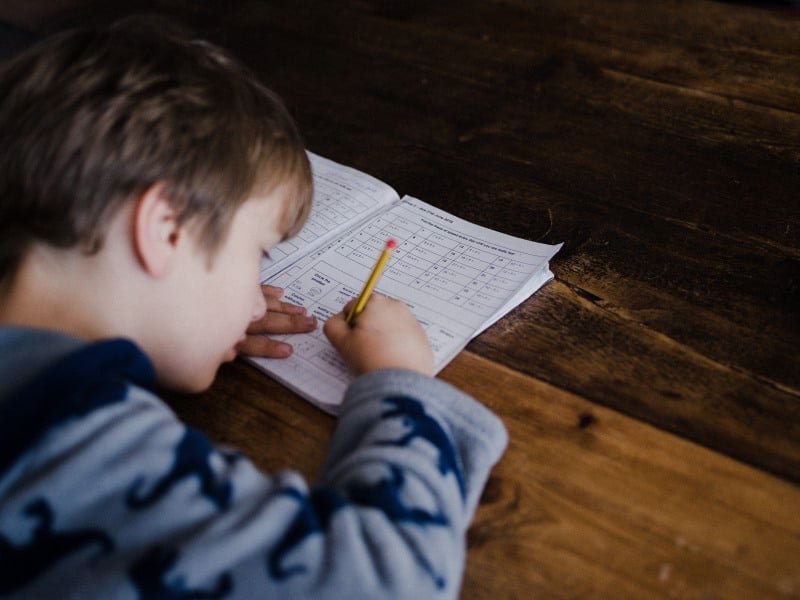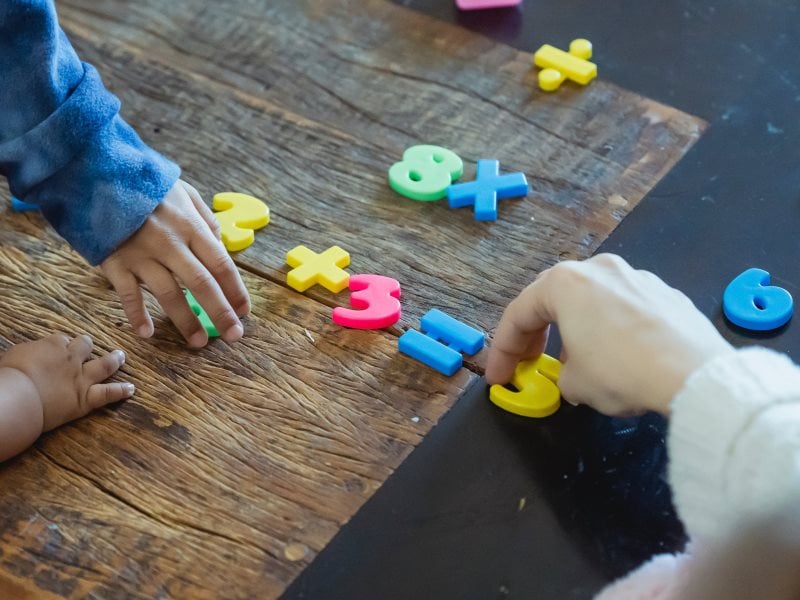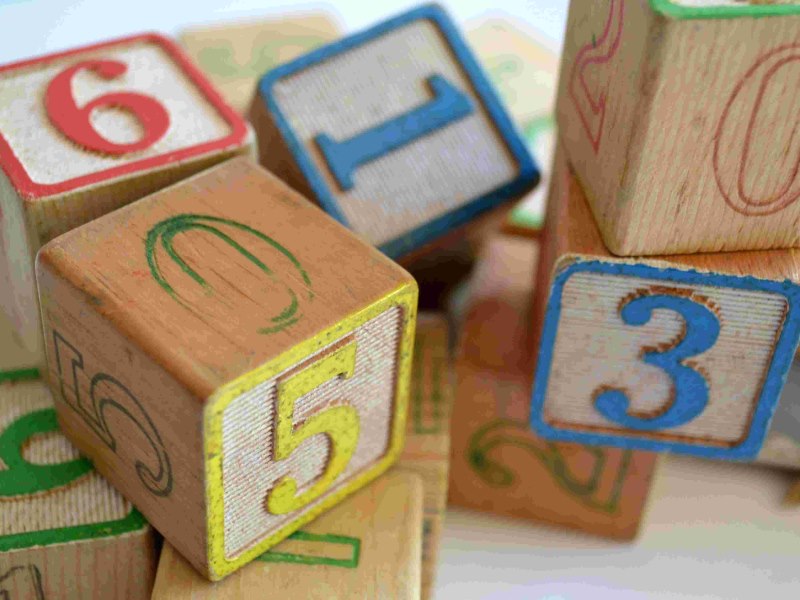2019 was a turbulent year in terms of standardized testing and graduation requirements in New Jersey.  With frequently changing regulations and procedures, it can be difficult for parents to understand the ramifications for their children and the state of education in their area in general. To understand recent developments, it is first necessary to look at what we had before.
With frequently changing regulations and procedures, it can be difficult for parents to understand the ramifications for their children and the state of education in their area in general. To understand recent developments, it is first necessary to look at what we had before.
History of NJ Graduation Requirements
New Jersey’s legal basis for the usage of standardized testing as a graduation requirement was established in 1976 when the Public School Education Act of 1975 was amended to establish minimum standards for communication and computation. From 1978 through 1982, the Minimum Basic Skills (MBS) testing program for reading and mathematics was administered to students in grades three, six, and nine. In 1981, passing the MBS was necessary to graduate high school, and students that failed to pass the first time were given additional opportunities to pass in tenth and eleventh grades. In 1985, New Jersey high school students were required to pass the High School Proficiency Test (HSPT9), a more challenging assessment, in order to graduate.
Critically, in 1988, the New Jersey Legislature passed a law that moved the High School Proficiency Test (HSTP11) to the eleventh grade. In September, 1991, the HSTP11 became a high school graduation requirement. The adoption of the core curriculum content standards and restructuring of the state’s testing program at all levels led to the adoption of the High School Proficiency Assessment (HSPA) in 2001 as the way for students to meet the standardized testing graduation requirement. In the 2014-2015 school year, the PARCC replaced the HSPA.
PARCC Controversy
The New Jersey Department of Education’s initial goal was to require that high school students pass PARCC exams in Algebra I and 10th-grade English to meet the graduation testing requirement. As these exams were not exclusively given to eleventh graders, legal controversy arose, as the law states that students are required to pass an eleventh grade standardized test in both English and math in order to graduate from high school.
This legal controversy led to this year’s changes in state testing. Students now take the NJSLA.
NJSLA & Recent Updates
The New Jersey Student Learning Assessments (NJSLA) replaced the PARCC in the 2018-2019 school year. However, the state did not make the graduation requirements public until June of 2019.
Graduation requirements will remain unchanged for students in the classes of 2020, 2021, and 2022. This means that students can meet the standardized testing requirement through either the NJSLA, PSAT, SAT, or ACT. This method of meeting standardized testing requirements began as a way to transition from using the HSPA to the PARCC, but is now extended as legislators and educators grapple with the capricious changes in state testing.
Current Pathways
High School students have three pathways to meet the standardized testing graduation requirement. The first pathway is to score above 750 on the NJSLA in Algebra I and in ELA 10. If a student does not meet the above scores, they may take the second pathway. This allows for them to meet a specific score on any of the following assessments in math and English-language arts: SAT, ACT, PSAT, Accuplacer, ASVAB, NJSLA Algebra II, NJSLA Geometry, NJSLA ELA 9, and the NJSLA ELA 11. The third pathway is to demonstrate proficiency through Portfolio Appeals. A Portfolio appeal is typically done in the senior year of high school with the supervision of one or more teachers and takes numerous hours to complete.
The Future
Parents shouldn’t get too attached to current graduation requirements, as they are likely to change over the next several years as the state testing system continues to be reworked and developed.
Sources
NJDOE. (2019). Historical context: Overview of New Jersey's statewide testing program. [Web]. Retrieved from https://www.nj.gov/education/assessment/history.shtml
Clark, A. (2019). N.J. finally has graduation rules for freshmen and sophomores, and students probably love them. [Web]. Retrieved from https://www.nj.com/education/2019/06/nj-finally-has-graduation-rules-for-freshmen-and-sophomores-and-students-probably-love-them.html
NJDOE. (2019). New Jersey high school graduation assessment requirements. [PDF]. https://www.state.nj.us/education/assessment/parents/GradReq.pdf





